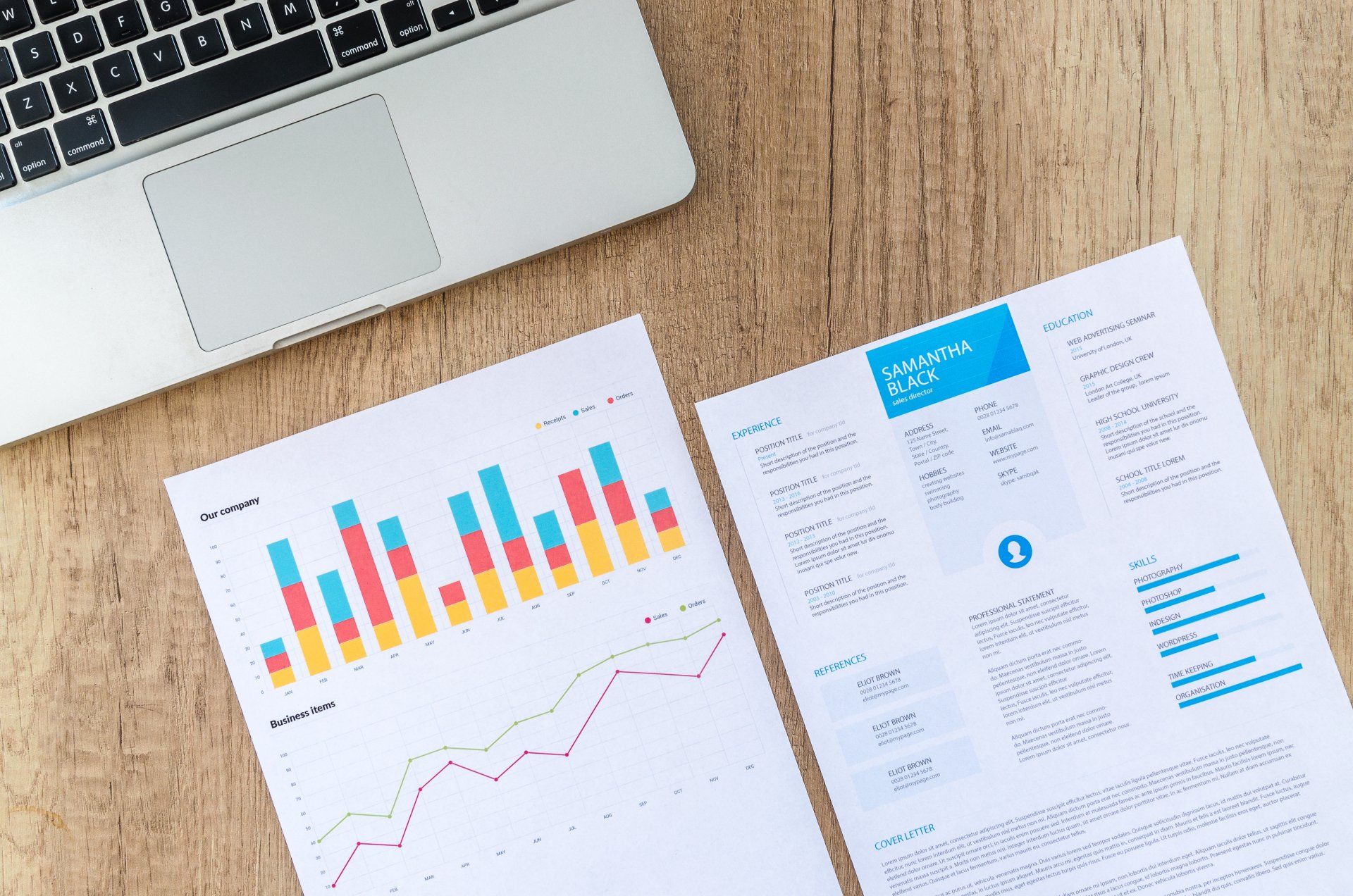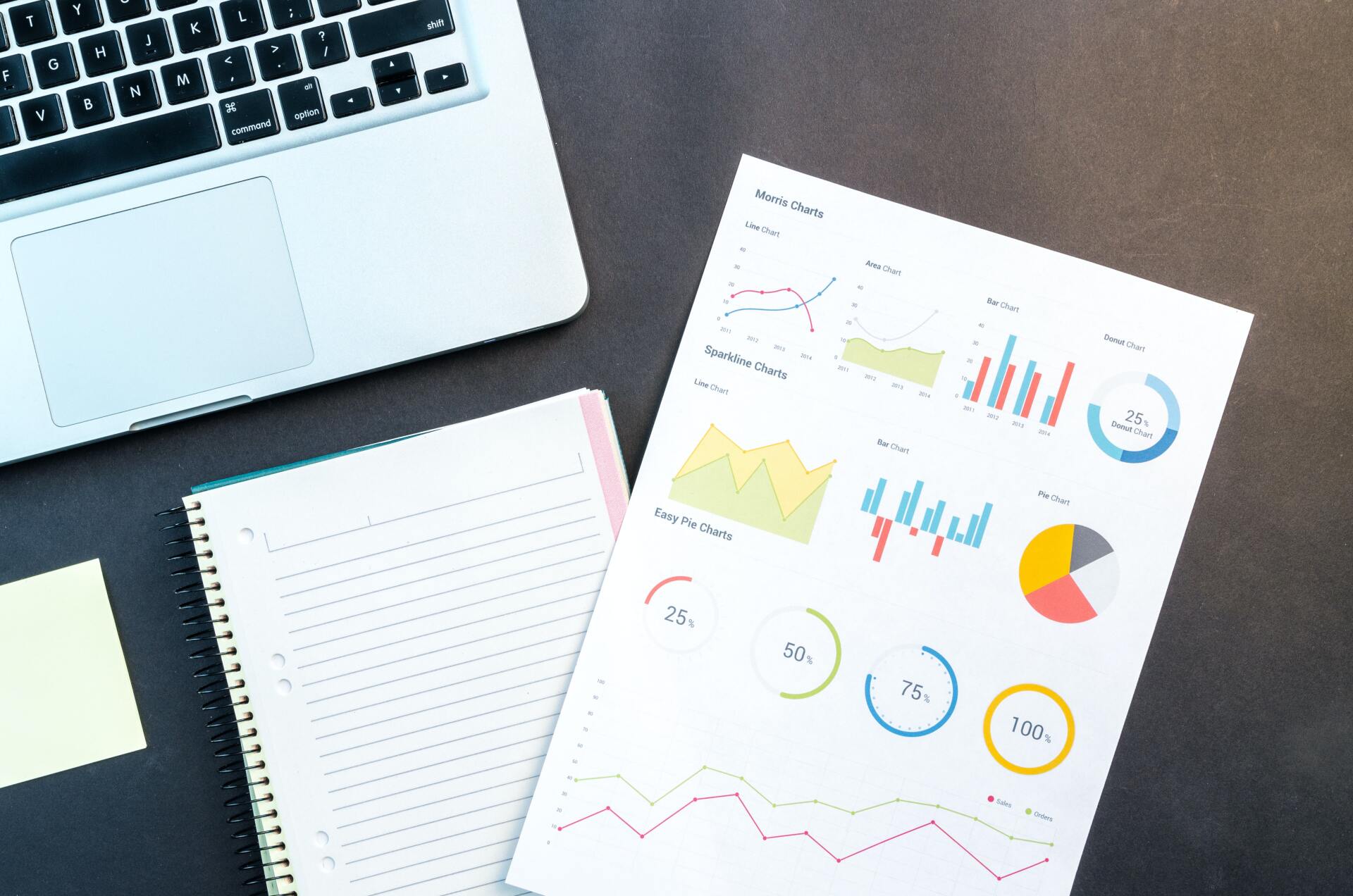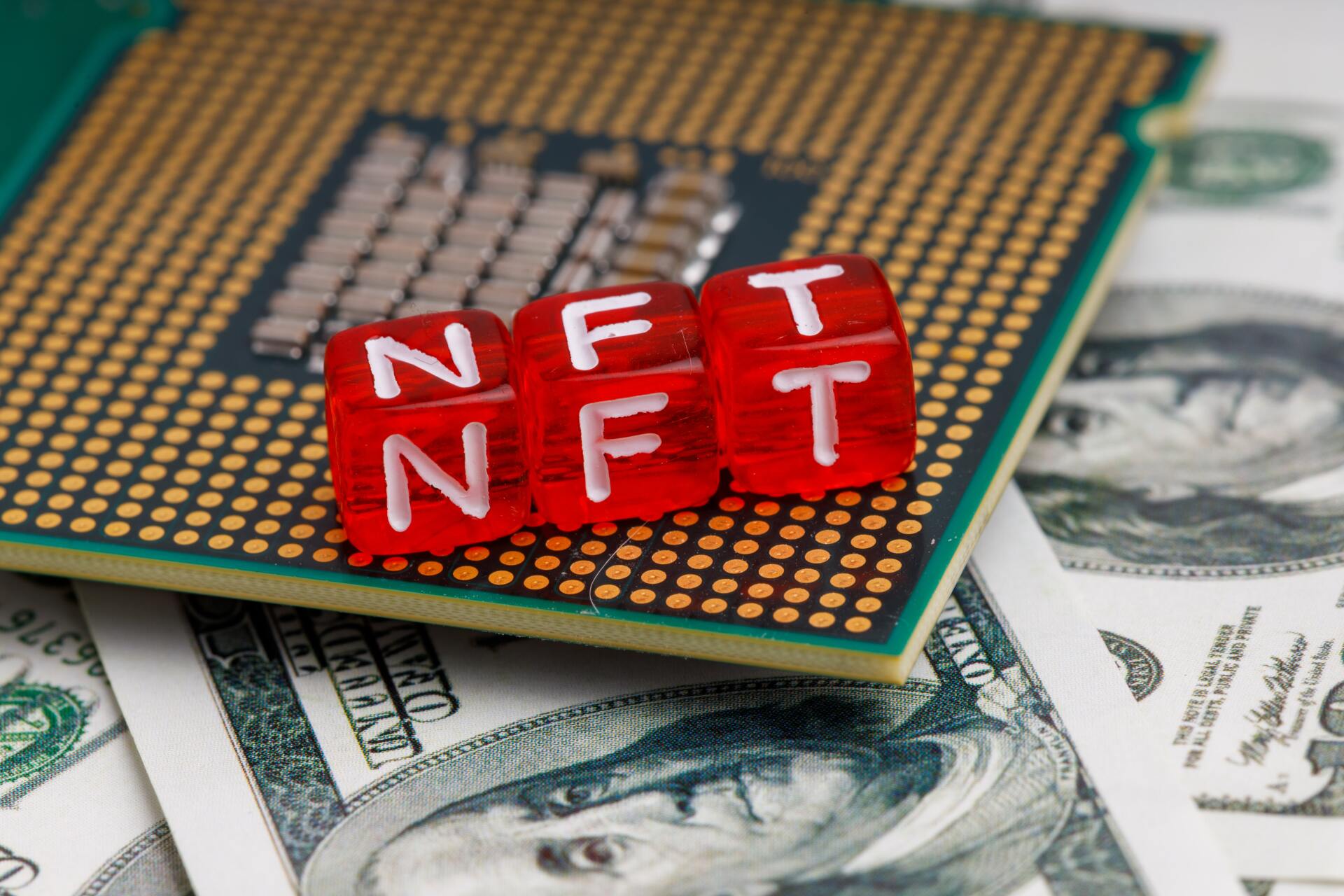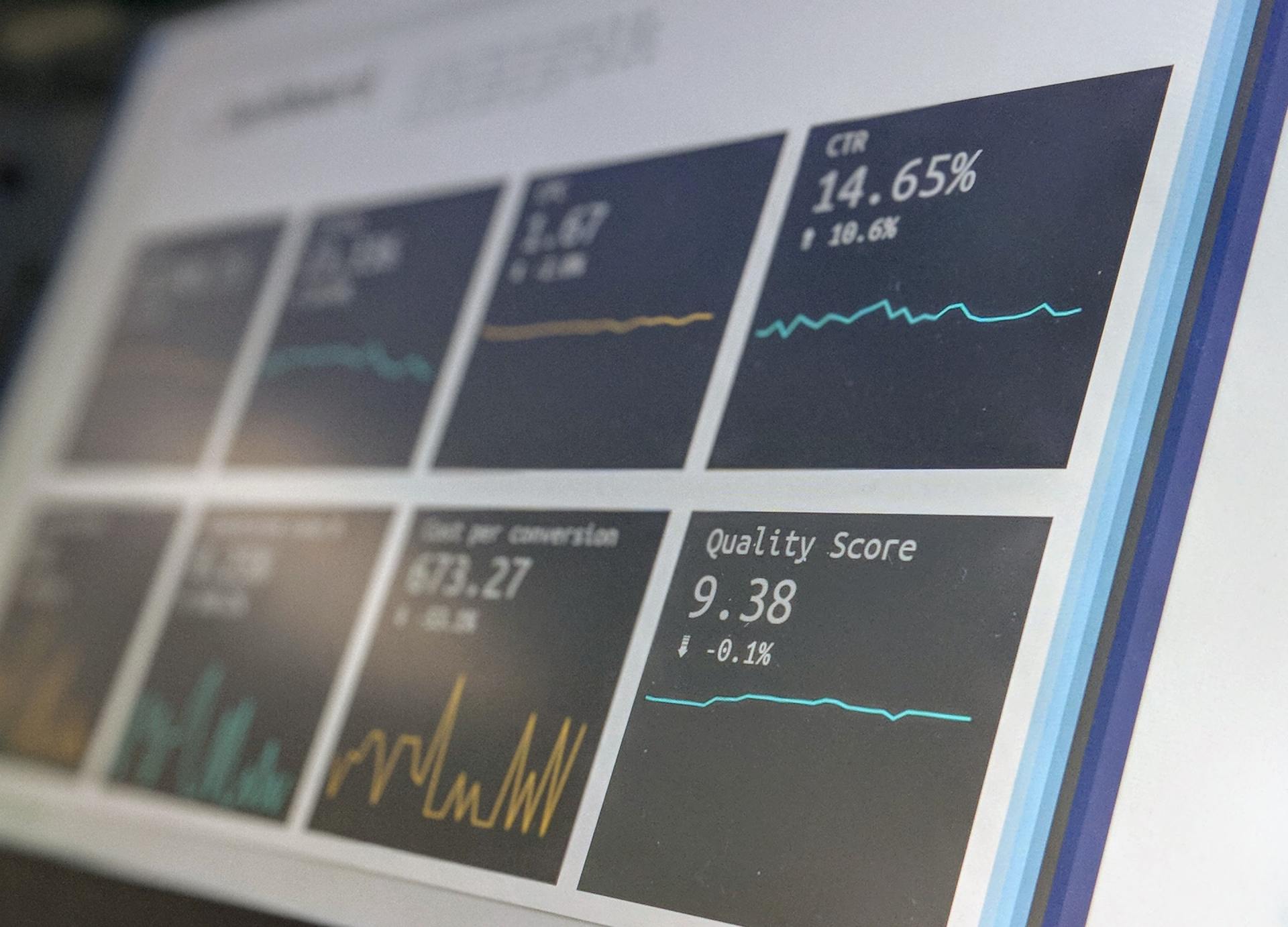Five Things To Know Before You Start Investing
Before entering a committed relationship, there are some things you want to know about yourself and the other person involved. Your relationship with investing is no different.

Okay, you've decided to enter the investing scene. This might be entirely new terrain for you, so what should you know going into it?
We've narrowed down 5 things you will want to consider before actually starting to invest, which we will go into in more detail below. Without jumping into the nitty gritty just yet, though, here are our 5 questions to ask yourself before moving your money into new investments:
- What is my risk tolerance?
- What is my time horizon?
- What are my liquidity needs?
- How much can I invest?
- What is my main financial goal with this money?
Those sound great but you might be wondering how to even begin answering those questions. So, let's get into it!
What is my risk tolerance?

Lucky for you, we already have an entire blog article dedicated to answering that question! If you don't want to go here for that quick read, though, we can give you an even shorter read-through.
US Wealth Management defines risk tolerance as "the amount of market volatility and loss you're willing to accept as an investor."
So, there are two things to consider here: you're ability to emotionally handle changes in the value of your investments (market volatility), and how much money you are ultimately okay with possibly losing (loss).
Basically, will you lose sleep over this investment?
What is my time horizon?

In investing, time is your best friend.
The market will fluctuate up and down on the short-term, but the general trend is upward. That means that the more time you have, the more risk you are able to reasonably take on. Risky investments may drop in value a month from now, but fortune tends to favor the patient.
On top of long-term investments tending to outperform the market, as shown when comparing investors who try to time their holdings vs ones who just hold onto what they have, holding onto investments long-term reduces the fees you need to pay when constantly buying and selling (Investopedia).
If you are close to retirement, a lower risk portfolio is probably preferable. If you still have 40 years, though, this is generally your time to lean in and hold on.
What are my liquidity needs?

As Money Lion explains it, "your liquidity needs simply refer to how much readily accessible money you need to cover your regular expenses, upcoming purchases, and/or emergency spending."
The liquidity of an asset is determined by how easily you are able to convert it into ready-to-use cash without affecting its market price (Investopedia). Cash is, by definition, the most liquid asset that you can own.
So, how much money do you need to have on hand? Think through the list in Money Lion's definition of liquidity need. What are your regular expenses? Upcoming purchases? How much do you need in your emergency savings?
To help answer how much emergency savings you should have, many financial experts suggest 3-6 months worth of expenses (The Balance).
Many forms of investments are not especially liquid, so this is something to consider before stowing too much of your cash away in something like a CD account or a 401(k).
How much can I invest?
This question is closely related to liquidity needs.
You'll want to ask yourself how much you can invest while maintaining your desired standard of living.
There are many people who have found great success as devoted disciples of Dave Ramsey's money ideologies, the basic idea being to hunker down and suffer now so that your money will be built up down the road.
There are also many people who have found great success listening to Robert Kiyosaki's money advice, who is basically the opposite of Dave Ramsey.
After meeting your basic liquidity needs, how much money you can invest will come down to your own money ideology and where you want to keep your money.
What is my main financial goal with this money?

There are 4 general goals that your investments can help you meet:
- Preservation
- Protection against inflation
- Wealth growth
- Generation of a source of income
Determining your ultimate goal in investing will help you figure out where to invest.
For example, Treasury bills and certificates of deposit are great ways to preserve capital and prevent too much loss in your portfolio, gold and the S&P 500 are good examples of ways to hedge against inflation, index funds and high-yield savings accounts can act as wealth builders, and rental properties and dividend stocks are examples of investments that can act as a source of income.
Moving forward in your relationship with investing
After answering these questions, we hope you've been able to figure out more clearly the kind of relationship you want with investing. Hopefully, this article helped you root out any red flags in potential investments before wasting too much time, money, or lost sleep with them!











